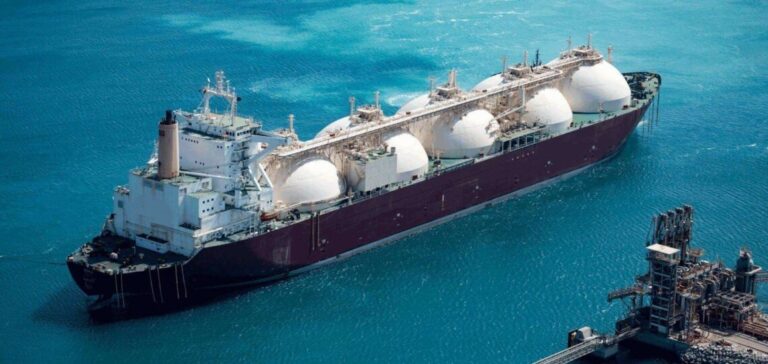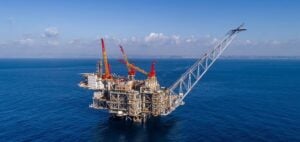As Germany needs to reduce its dependence on Russian gas, two LNG terminals were launched this month.
An increase in costs
Germany has just launched its first two LNG terminals. This is just the beginning, as six floating storage and regasification units (FSRUs) are expected to be commissioned before the end of 2023. Four sites will be able to accommodate them.
The German government has already concluded leases for five of the FSRUs. These structures are capable of importing at least 5 billion cubic meters of gas per year. However, the costs of FSRUs have exploded.
In fact, they will cost twice as much as the public funds initially planned. However, the government approved the budget in view of the strategic importance of these facilities. The first site in Germany is Wilhelmshaven, which is to receive two FSRUs for LNG.
Uniper will develop this project. The first FSRU is already in operation since November 15. The second one is scheduled to come into service in the fourth quarter of 2023.
A strategic distribution
This site will later be converted to process hydrogen and clean ammonia and to host electrolysis processes. The second location is Lubmin in the Baltic Sea. The private sector has already chartered an FSRU there.
This has been connected to the onshore pipeline systems since December 25. The site is expected to receive a government-leased FSRU in 2023. Brunsbuettel will also host an FSRU that will begin operating in the coming months.
Gasunie, the Dutch gas network operator, has a 40% stake in the project. It includes the creation of two associated pipelines. Finally, the last location in Germany to receive LNG imports will be the port of Stade.
It will receive an FSRU by the end of 2023. EnBW has positioned itself as a buyer. This should result in a final investment decision next year.





















